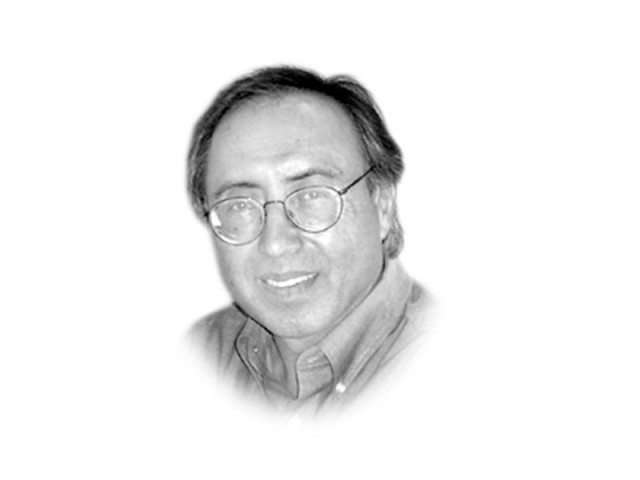Vote for change
It has been an epic struggle in the political history of Pakistan, leading to the victory of PTI in the 2018 elections

The writer is a professor of political science at LUMS, Lahore. His recent book is Imagining Pakistan: Modernism, State and the Politics of Islamic Revival (Lexington Books, 2017)
The Kaptaan has been consistent with three themes of his, vision, politics and the ideology of change. First, Pakistan cannot progress without getting rid of the dynastic political parties. The politics of expediency, compromises on every issue of national interest and use of power for the benefit of party leaders and their allies through an elaborate system of patronage from top to bottom provided more than enough substance to the assertions of Imran Khan. There has been no difference among the parties in power when it came to corruption, nepotism and inability to reform the vital sector of the state and society, like education, environment, health and basic governance at the local level or provision of services.
Never does politics get energies from emotions, as they quickly run dry when the leaders, parties and their bogus narratives are exposed. Contrary to many lessons of history, the ethnic, religious, and the dynastic political parties have used emotional issues — grievances, victimhood and sacrifices for ‘democracy’ in garnering public support. Being in power more than three times and ruling the major provinces for decades, they have very little to show on the ground. They have spent billions out of public money to advertise their ‘achievements’.
How can one maintain public support when Pakistan has been performing the worst on every measurable index of progress whether social, economic, security or rights of women and minorities? You can do it only when you assume people are ‘stupid’, at best a block of sheep that can easily be herded. This is the fundamental subscript of corrupt, dynastic post-colonial elites in the developing world. And such elites of Pakistan and other countries have been very successful for decades in keeping the people ignorant, poor, uninformed and socially uncultivated. Contrary to the pretensions, the interest of the ruling elites is not in progress but keeping the poor, poor, because it keeps them in power.
There is another view of politics based on human rationality. At the end of the day, people think, calculate and analyse their situation. The biggest popular narrative in Pakistan is not what the Sharifs, Zardaris and Mullahs claim, it is that of the ordinary people; the narrative is this, why Pakistan has been left behind every comparable country in the world? The popular introspection on the failure has finally found the culprits; the regular, old players of status quo politics. Without media, some incremental social changes, and big, troubling questions continuously raised by the Kaptaan, the change couldn’t take place.
The running theme of tabdeeli was faith in people and investing of hope in the youth that gained confidence and energy necessary to make change possible. The challenge now is to translate that vision into a reality in the face of subterfuge, disruption and ganging up of status quo forces. Never, and nowhere they accept defeat as real or respect voices of the people.
Published in The Express Tribune, August 1st, 2018.
Like Opinion & Editorial on Facebook, follow @ETOpEd on Twitter to receive all updates on all our daily pieces.














COMMENTS
Comments are moderated and generally will be posted if they are on-topic and not abusive.
For more information, please see our Comments FAQ